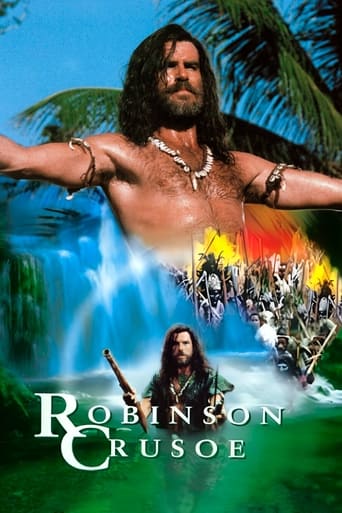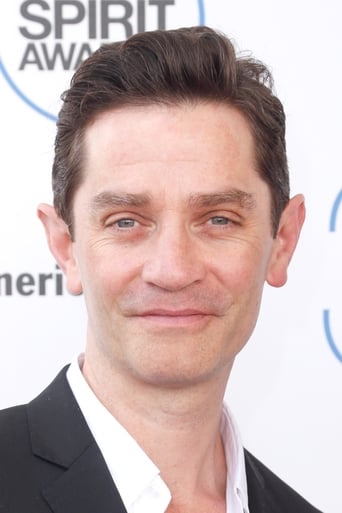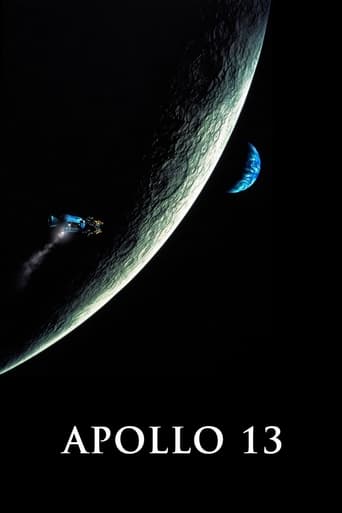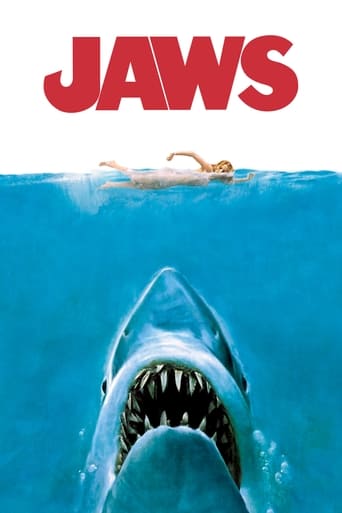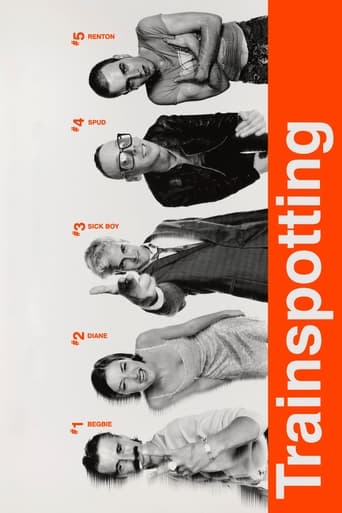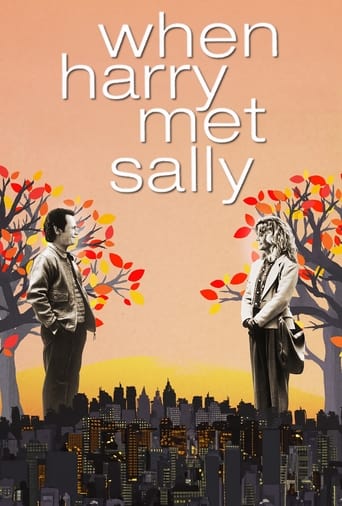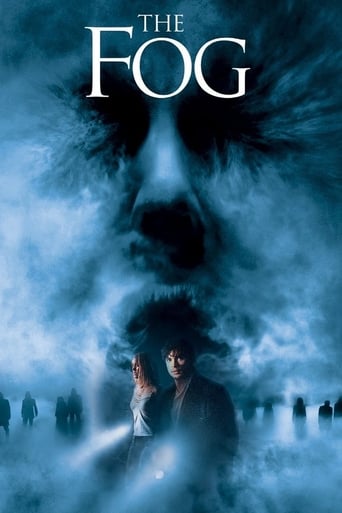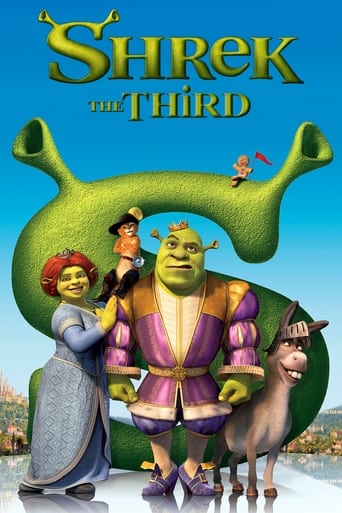Robinson Crusoe (1997)
Robinson Crusoe flees Britain on a ship after killing his friend over the love of Mary. A fierce ocean storm wrecks his ship and leaves him stranded by himself on an uncharted island. Left to fend for himself, Crusoe seeks out a tentative survival on the island, until he meets Friday, a tribesman whom he saves from being sacrificed. Initially, Crusoe is thrilled to finally have a friend, but he has to defend himself against the tribe who uses the island to sacrifice tribesman to their gods. During time their relationship changes from master-slave to a mutual respected friendship despite their difference in culture and religion.
Watch Trailer
Free Trial Channels
Cast


Similar titles
Reviews
Just perfect...
I didn’t really have many expectations going into the movie (good or bad), but I actually really enjoyed it. I really liked the characters and the banter between them.
One of the best movies of the year! Incredible from the beginning to the end.
There is definitely an excellent idea hidden in the background of the film. Unfortunately, it's difficult to find it.
Let me start off by noting that this movie would rank highly in my top ten of worst movies ever. There are three main characters: Robinson, Friday and a dog called skipper. The smart one out of the three would appear to be the doggie, who committed suicide in the midst of the movie. Perhaps the doggie had read through the remaining script and decided that suicide, given Rin Tin Tin's status as the all time cult doggie hero, was not under threat, was the decent thing to do. I concur.The movie begins with a script brought back to Scotland by the shipwrecked Robinson who has managed to be saved. The irony that Robinson left Scotland as an accused murderer following a dual with a friend, and returned to Scotland through a similar route after a dual with Friday - was not lost on me - but just in case I didn't get it - the background narration made sure the point was voiced. Thanks but no thanks. The saving of Robinson, by Friday followed an attack on his shared dwellings by cannibals. Shock, horror I can hear you say, but given Friday's rapid take up of the Scottish language, it does make you wonder why such an intelligent man could not have escorted Robinson back home at the earliest opportunity and spared many of us a tedious last 40 minutes of the storyline. Still without Friday's brilliance, or perhaps the dying and hallucinogenic Robinson, after being wounded in a cannibal raid, but still managed to sober up sufficiently to point Friday in the direction of his journal, with those immortal words: "Save my Journal Friday ..." Robinson's manuscript might have been left on the Island, and this particular tale lost. Pity.
The only things that are the similar between the book and this movie are: 1. The name of the main character, Robinson Crusoe 2. The name of Friday 3. The fact that there was a shipwreck 4. The fact that Crusoe was stranded on an island.It was really an entirely different story. In the original story Robinson Crusoe has a Christian conscience which he violates by not listening to his father. It is an adaptation of the biblical parable of the Prodigal Son. "I resolved that I would, like a true repenting Prodigal go home to my Father"(Luke 15:11). "I had in five or six days got a compleat victory over Conscience" (p.8,9 Norton Critical Edition). In the book, the Bible plays a crucial role in the story. "I was earnestly begging God to give me repentance when it happened providentially the very day that reading the scripture I came to these words, 'He is exalted a Prince and a Savior, to give repentance and to give remission' (Acts 5:31)" "By now I began to exercise myself with new Thoughts; I daily read the Word of God and apply'd all the comforts to my daily State."(p.71, p 83)The whole story is a theological tract that deals with conversion, sanctification, and reconciliation (Crusoe himself) and the missionary work of evangelization and struggle of God's dealing with the heathen (Friday and the cannibals) ex. p156-160). Crusoe even leads Friday in a Bible study (p159). At one point, Crusoe struggles over whether he has the right to execute cannibals that had done nothing to him (p167-168). It also deals with the problem of fear, of theodicy, of evil, of original sin, and of many other theological themes. The book is full of prayers and reflections (mediations). In short, it is a thoroughly Protestant (Puritan) Christian story that edifies.The movie turns everything around and makes it a thoroughly post-modern- post-Christian; even anti-Christian story. Crusoe has to do everything himself, because he learned he can't rely on Providence. He argues with Friday over religion and then realizes that they should just co-exist and let Friday keep his concept of God while Crusoe keeps his. There is no conversion, no returning home to a father (either earthly or heavenly). Crusoe is an angry unconverted pseudo-Christian who is more confused than Friday and actually gets ministered to by Friday. I'm so thankful that this did not become a huge blockbuster. Young people today already are given enough wrong ideas about Christianity and religion.(the word compleat is the spelling in the original. Theodicy and evangelization seem to be two words that the people at IMDb have not learned yet)
I think this film is for everybody and the film is great. While I was reading Robinson Crusoe, I wanted to watch the Robinson Crusoe of film. Robinson loves sea so he goes on a journey and one day ship sunk. Sea wafted Robinson. Robinson reached the land but there are not people here. This is İsland. He was afraid and he walked around the İsland. He found a cave twenty four years later. Somebody came to the İsland. He captured one of them. In short he had got eventful life and he stayed at İsland just about twenty eight years.Events was very excited and fluent. Actors were very good. Daniel Defoe is the writer of this film.The film's stars are Pierce Brosnan, William Takaku, Polly Walker and other actors. I suggest the film because I like very much but you should read the film's book, in my opinion
SOME MILD SPOILERS. MOSTLY DOG-BASED.I'd only just finished reading Daniel Defoe's famous novel Robinson Crusoe the previous day when I happened to glance at the TV listings and notice that Channel 5 were showing this 1996 film adaptation in the middle of the afternoon. So, sticking a tape in to record it, I settled down later that evening intrigued to see what the producers had made of a story that was still so fresh in my mind.Robinson Crusoe is not a novel with a hell of a lot of plot to it, so it's understandable that if you're making a film of it you have to try and make it a little more dynamic, or else you'll just end up with an hour and a half of a man cutting down trees, sowing crops and raising goats. The duel- and woman-based storyline grafted onto the beginning and end of the film here isn't much of a one, however, with Crusoe fleeing a murder charge in eighteenth century Scotland and taking to sea.Quite apart from the moving of the events of the story from the seventeenth to eighteenth centuries by the film-makers, if Crusoe is a Yorkshireman in the book and he's being played here by an Anglicised Irishman in Pierce Brosnan, then why the hell is he Scottish? Brosnan can't even do the accent particularly well, so it seems a very strange choice indeed. I can only imagine it was an attempt to cash-in on the success of the film's contemporary, Braveheart, which had seen great success with a Scottish character and setting. The only effect it has here though is leading the film-makers to include a couple of dire and cringe-worthy bagpipe scenes.The other major problem the film has is the condensing of the story not just shrinking down the events of the novel (where they actually bother including them), but reducing Crusoe's stay on the island from twenty-eight to a mere six years. While this is understandable in terms of making their framing plot work, it leads to such lunacy as Crusoe apparently being able to teach Friday good conversational English within six months.Speaking of Friday, who is here far more vital to events than he ever is in the book, it's perhaps understandable and indeed commendable that he's made more of Crusoe's equal and not the happily subservient savage he remains in the novel. That said, however, they do go overboard in loading on the touchy-feely 'let's all be friends, wasn't slavery a bad thing, all religions are equal' message which, while undoubtedly worthy, are very awkward when tacked onto a story that was very much a product of its times, for better or for worse. On the other hand, however, the friendship between Crusoe and Friday here and the eventual climax of the film between the two of them is probably a punchier ending than Defoe gave to the original novel, which sort of fizzles out with a load of nonsense including wrestling bears in the snow in its original form.There are numerous other problems Crusoe does have a canine companion rescued from the same ship he was on in the book, so that's faithful enough, but he was a little too cutesy here for my liking, and what the hell was the point in blowing the bloody thing up? They probably realised they wouldn't be able to do anything else with it further on in the film and thus thought of this rather silly way of killing the thing. Even more ridiculously, later on once the enemy tribe reach Crusoe's settlement in the final battle, what's the first thing they do? Desecrate poor old Skipper's grave cue vengeful-looking close-up of Crusoe. For goodness sake There's also the fact that as the initial stages of his exile pass by so quickly, we get to see little of Crusoe's ingenuity in settling into his surroundings, finding ways of providing for himself and building his settlement.Perhaps to trick viewers who haven't read the novel into thinking that this is an accurate representation of it, the makers of the film include a couple of short scenes at the beginning and end of Daniel Defoe being presented with Robinson Crusoe's journal by an eager friend who thinks he should turn it into a book. "I must write this!" the previously reluctant Defoe enthuses in the second of these scenes near the end of the film, having now read the manuscript. They fail to depict him going on to say "well not this exactly, I mean I might use the same name and basic main plot idea, but I'll need to make a hell of a lot of changes " "Daniel Defoe died in 1731, but the story of Robinson Crusoe lives on," a caption just before the end credits tells us. And so it does, but not in this film I'm afraid. While there may be some passable entertainment value here for those who are just interested in it as a film in its own right, as a literary adaptation it's distinctly average, at best. Not one to make any special effort to see, unless perhaps you're a Pierce Brosnan completist.

